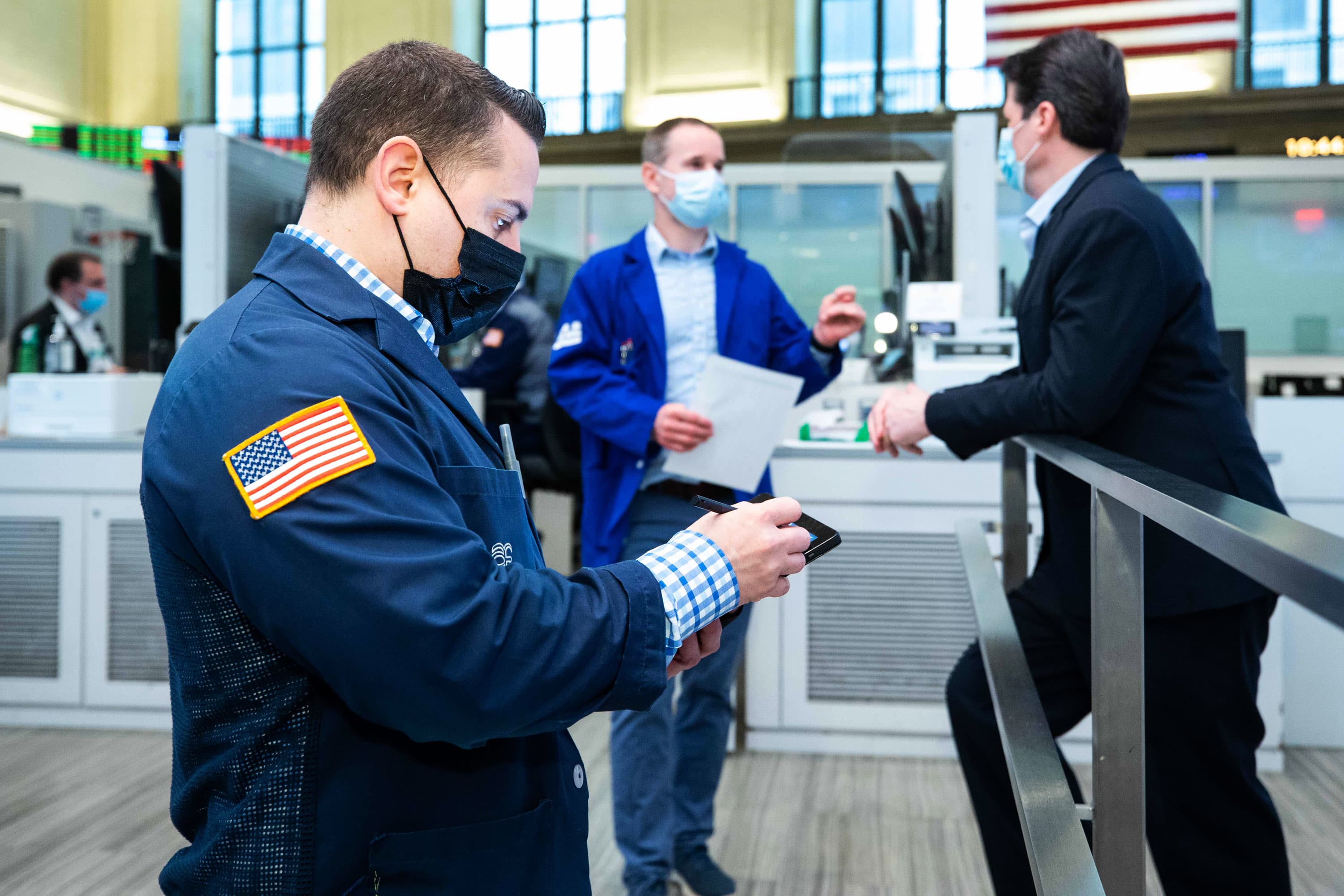
Inflation fears have U.S. markets in a tizzy this week.
The major averages rebounded on Thursday from a deep pullback the day before — the worst since January — fueled by concerns around higher-than-expected consumer pricing data and how it could impact interest rates. Technology stocks, which led the way lower earlier in the week, recovered in fits and starts.
Market analysts seemed to curb their pessimism as stocks regained ground.
Here’s what three of them told CNBC on Thursday:
Paul Hickey, co-founder of Bespoke Investment Group, didn’t expect rising interest rates to slam tech as hard as some may fear:
“We can’t address what’s going on in the tech sector without looking at the elephant in the room, and that’s inflation and higher interest rates. And what we’ve seen is that tech has had a horrible week this week, but tech has been underperforming the S&P 500 since Sept. 1 when it peaked. Not surprisingly, that coincides within a month of the low close in the 10-year yield. So, as interest rates have risen, tech has been hurt. It’s definitely hurt the highly valued or no-earnings stocks much more than the mega-cap stocks, but it’s hurt the overall sector. What’s really interesting to note, though, is that … whenever we talk about tech being at lofty levels and selling off, we immediately go back to 2000 and say, ‘Oh, my god, here we go again.’ But the thing is that the tech sector [is] only slightly higher than the broader market right now. So, it trades at about 30 times trailing earnings with the S&P for 29 times trailing earnings. So, if you’re going to see interest rates hurting the overall market, tech is not necessarily going to get hurt much more than the broader market. It should perform in line.”
David Kostin, chief U.S. equity strategist at Goldman Sachs, said questions around inflation were “really a topic of valuation”:
“Valuations are definitely expensive relative to history on an absolute basis. Relatively more in line on an interest rate-adjusted basis from a valuation perspective. So, really, the debate with the portfolio manager community has been how long is transitory? And I speak almost every day with a major CEO or CFO of a corporation. Everyone in the corporate world is expecting inflation in their products over the next six months. So, that’s sort of a horizon to think about where there’s going to be a lot of noise and information about a lot of inflationary expectations in pricing, but the earnings power is really, really substantial. And so, all of this focus on earnings is sort of not getting the appropriate focus that I believe it deserves. You had a record level of positive surprises in 20 years on earnings for the first quarter, which is just about completed. You had earnings, we had margins at record-high levels. Part of that is benefiting from higher inflation. A lot of those costs are getting pushed through. But ultimately … companies that are investing for growth have been outperforming. Those are really where we should be focusing attention. Portfolio managers should tilt their portfolios towards those companies. That, I think, is the strategy as you look out for the rest of this year. Our target for the middle of the year has been 4,100 for the S&P 500 and around 4,300 remains for the end of this year.”
Rick Rieder, chief investment officer of global fixed income at BlackRock, said that while it’s time to taper, some of the present inflation is indeed transitory:
“I think we need to taper. The amount of liquidity that’s gone into the system has been immense. By the way, what people don’t talk about … [is] this [Treasury General Account] paydown. It’s the fact that … the fiscal [is] actually coming through directly in checking accounts. And by the way, there’s another [$400 billion] to 500 billion — I think it’s actually 500 billion — that’s coming in over the next three months. So, there’s a lot of liquidity. The Fed can pull back. And … the question I get from clients every day is, ‘Are we overheating?’ And there is some concern. I actually agree with what the Fed says in that I think a lot of this is transitory — the used car prices, the rental car prices, the commodity acceleration. We look at our forecast a year or two hence. We do think those will come down. We do think the base effects are driving some of it.”




